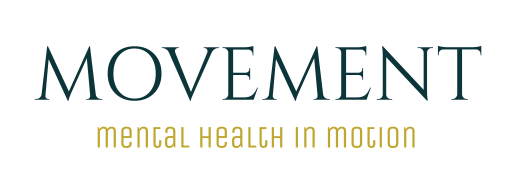I know these posts usually happen on Fridays, but I'll be out of town for the rest of the week and weekend and I wanted to make sure that I got this week's post in!
Even though the DSM V doesn’t recognize Orthorexia as a disorder, it is something to be discussed. It is on the rise and something to be aware of. The term orthorexia refers to an obsession with eating foods that one considers to be healthy, and the avoidance of specific foods that one believes are harmful or unhealthy. It is marked by a self-punishing relationship with food.
Being part of the competitive bodybuilding world for a short time, I can most definitely understand how eating “clean” and healthy can turn into something much more serious for some individuals. While I learned so much about my diet, which foods to eat when, how much water to drink, etc., keeping track of that all felt like a part time job some days. Everything you eat is measured down to the ounce, you follow a specific meal plan, you eat at specific times, and you are working out sometimes multiple times per day. The end physical result being a kick ass body, but not many people are able to endure the mental and emotional strain that this puts on them. In addition, that “kick ass body” can become something that you want to have all year round but that simply isn’t possible nor is it healthy. In an attempt to preserve that body, some individuals can go to extreme lengths to try and hold on to it.
Orthorexia can occur in individuals outside of the body building world as well, however, I am speaking from my own personal experience here. It can begin with a desire to start a specific diet or just the wish to be healthier.
Here are some signs to look out for:
- A fixation/obsession over the quality of food: this is often at the heart of orthorexia. Individuals fixate on the quality and purity of foods, and often limit foods to those that are organic, raw, whole, etc.
- Inflexible eating patterns: rigidity in the type of food they consume. Foods that are labeled “bad” or “unhealthy” are avoided at all costs. They would rather eating nothing than something they have labeled “unhealthy”.
- Emotional distress if “rules” are broken: straying from strict diet and exercise regimen can cause severe anxiety, panic, guilt. shame, and or depression.
- Cutting out food groups: this is a common occurrence among those struggling with orthorexia. Common food groups that are eliminated are processed foods, sugar, meat, dairy, carbs, and or gluten
- Worry about sickness or disease: often they believe that if they consume foods that are not “whole” or “clean” they will become ill. They also often refer to foods that are not “whole” or “clean” as poison.
- Anxiety being around certain foods: they may feel the need to separate themselves from their “banned foods”. Being around these foods can be incredibly uncomfortable for them and they may even leave the situation. Isolating is a common avoidance technique for those struggling with orthorexia. They may skip social events where they may be forced to face “banned foods”, which can lead to depression and even more intensified distortion in thoughts and behaviors.
- It is not always fueled by poor body image: it is not always fueled by obsessions with appearance or the desire to lose weight, but it is more rooted in the need to eat or be “healthy”.
- Weight loss: in some cases weight loss is not intentional, but the restrictive nature of orthorexia can lead to weight loss and malnutrition.
Other things to look out for:
- Spending much of your day thinking about healthy food (to eat, prepare, etc.). This time spent thinking about food gets in the way of other responsibilities like work, family, relationships, etc.
- Intense guilt eating “unhealthy” foods and feeling judgmental of others who eat those foods.
- Sense of happiness/self-esteem/joy being dependent on the “rightness” of what you eat.
- Wanting to not follow such a strict diet at special occasions, but you can’t.
- Over time, the list of foods you aren’t “allowed” to eat has grown.
- Loss of weight has led to malnutrition, skin issues, loss of menses, and or loss of hair.
If you are someone you know may be struggling with this, don’t hesitate to reach out! You or they can learn to let go of that rigidity over time with the right support!
Happy early Friday everyone! Have a great weekend!


